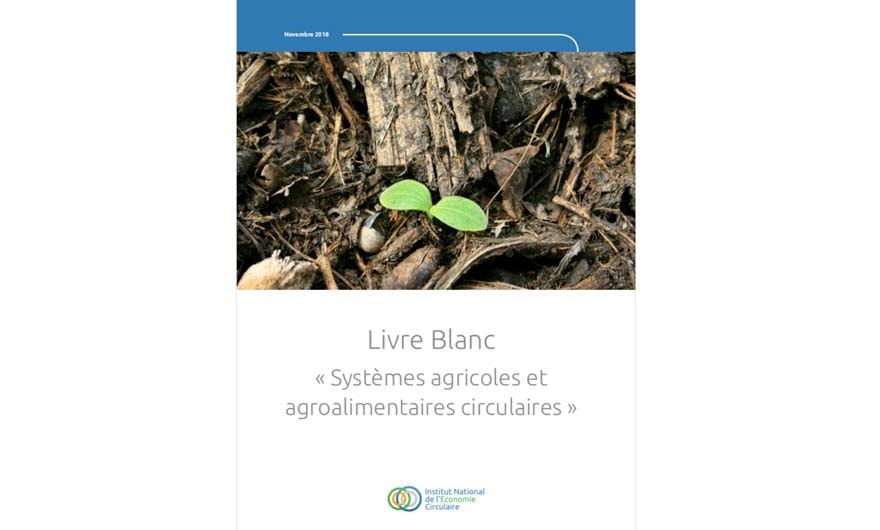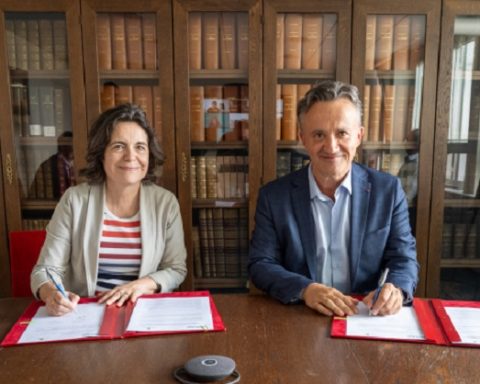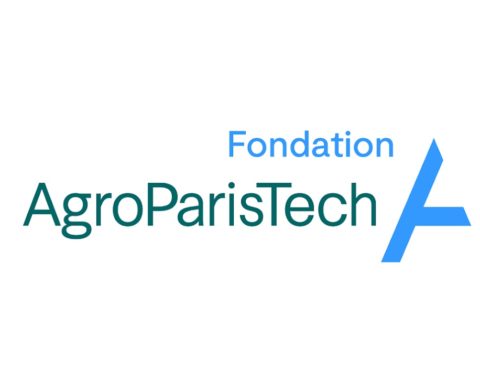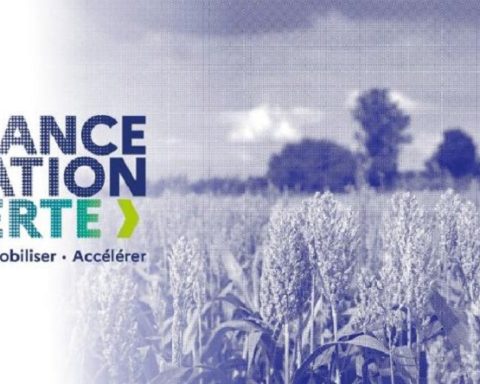
L’Institut National de l’Économie Circulaire (INEC) a dévoilé son nouveau Livre Blanc lors de la 2ème édition du colloque « Agriculture Circulaire » organisé par l’AFAÏA à Paris.
Cette publication a pour objectif de capitaliser sur les travaux du groupe de travail lancé par l’INEC en 2017. Celui-ci réunissait dans une démarche transversale des experts venant d’entreprises variées, de coopératives, d’ONG, d’institutions publiques et de centres de recherche, pour faire avancer ensemble l’économie circulaire dans les esprits et sur le terrain. Tous ont saisi cette opportunité pour créer un langage et des connaissances communes, définir des priorités partagées à porter auprès des décideurs publics et privés.
Les systèmes agricoles et agroalimentaires du XXIème siècle font face à des défis sans précèdent. Ils doivent nourrir 7,2 milliards d’habitants, en répondant aux attentes sociétales en termes de qualité de l’alimentation à des prix abordables. En parallèle, les ressources naturelles permettant la production s’amenuisent (eau, terres agricoles, …) et les secteurs agricole et agroalimentaire doivent contribuer aux efforts de lutte contre le changement climatique tout en assurant une création de valeur juste. Aujourd’hui, l’économie circulaire apparaît comme un levier majeur pour répondre à ces défis : le gouvernement français en a fait une priorité et travaille actuellement à la mise en œuvre de la feuille de route économie circulaire par le biais d’une loi attendue pour avril 2019.
La présente publication permet d’explorer les solutions que l’économie circulaire propose (approvisionnement durable, éco-conception, recyclage, écologie industrielle et territoriale, consommation responsable et revalorisation matière) afin d’évoluer vers des systèmes agricoles et agroalimentaires plus durables tout en visant une production de qualité et en quantité suffisante. En plus de ces leviers, l’application de l’économie circulaire à ces secteurs appelle à des réflexions spécifiques sur l’articulation des usages de la matière organique et sur la valorisation des services écosystémiques. Une attention particulière doit être portée à la préservation en quantité et qualité des ressources eau et sols.
Ce Livre Blanc présente également des bonnes pratiques d’agriculture circulaire mises en œuvre par les adhérents et partenaires de l’INEC. Ces actions d’acteurs privés, publics et académiques doivent être poursuivies et amplifiées ; cette publication propose plusieurs pistes d’actions en ce sens. Une vision stratégique nationale de l’économie circulaire est nécessaire, intégrant pleinement les enjeux agricoles et cohérente avec les engagements internationaux. Cependant la mise en œuvre de systèmes agricoles et agroalimentaires circulaires doit se faire au niveau territorial, recréant des écosystèmes aux échelles pertinentes. Un effort soutenu en recherche et en innovation, de la part des acteurs privés comme publics, est également indispensable pour développer des modèles plus efficients dans la gestion des ressources, tout en maitrisant les risques associés.

S’abonner
Connexion
0 Commentaires
Inline Feedbacks
View all comments












